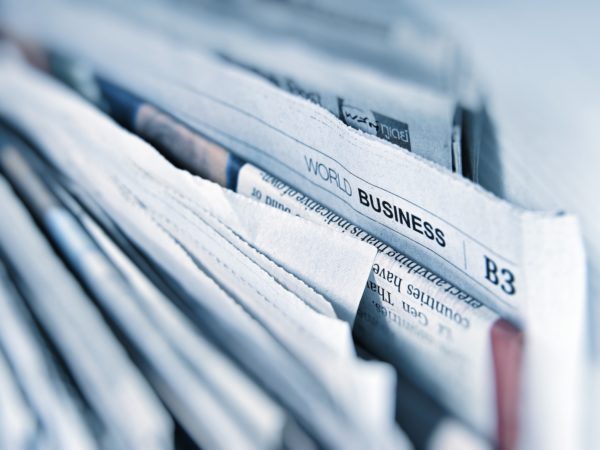In the News
-
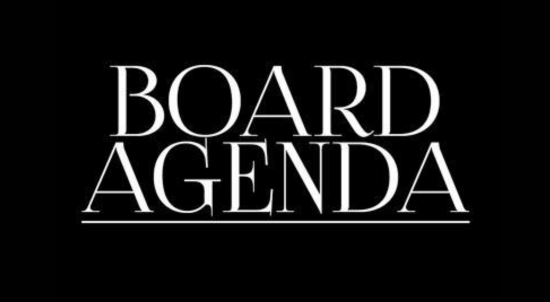 26 February 2024
26 February 2024One key move that will boost corporate sustainability
An efficient mechanism for hearing complaints and redressing grievances is a powerful tool for governance and human rights due diligence. -
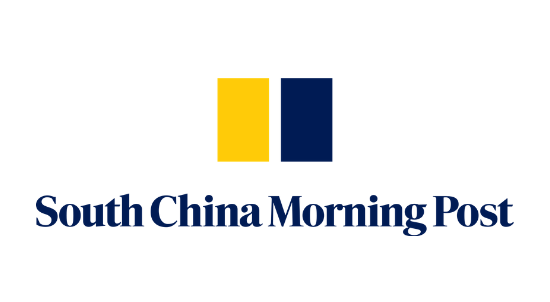 17 February 2024
17 February 2024AIIB must give local communities a voice in development projects
Despite the perception of multilateral development banks as forces of good, the evidence shows that they do actually cause harm. -
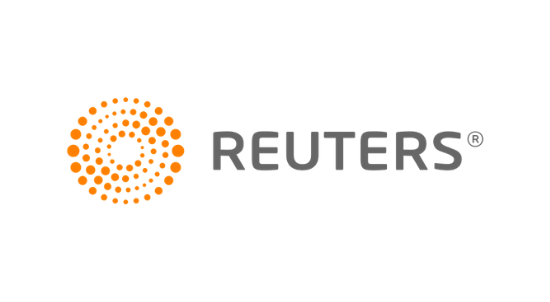 11 February 2024
11 February 2024Rio Tinto wrangles investors over water contamination claims
Civil society group Accountability Counsel, which works with Mongolian herders, told Reuters that some livestock became ill and died after mine operations began, which herders blame on worsening water quality. -
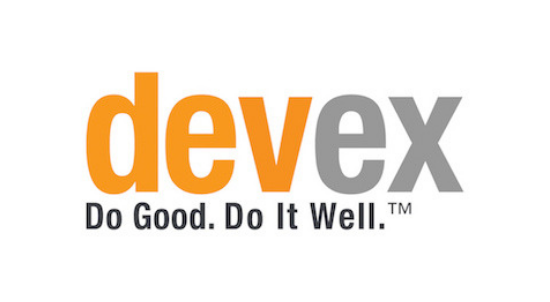 25 January 2024
25 January 2024EBRD under pressure over human rights complaints
The European Bank for Reconstruction and Development is under pressure to improve protections for workers, citizens, and the environment when investing in countries with questionable human rights records. -
 2 January 2024
2 January 2024In a first, IFC settles lawsuit with Honduran farmers
This settlement comes at a time when IFC is adopting a new approach to remedial action which will govern what happens when something goes wrong with its investments. -
 21 December 2023
21 December 2023Honduran farmers, IFC settle suit alleging violence linked to investment
A group of farmers has reached a settlement with the World Bank’s private sector arm in a class action lawsuit that alleges that a company it backed for investment tortured, harassed, and killed members of the Bajo Aguán community in Honduras. -
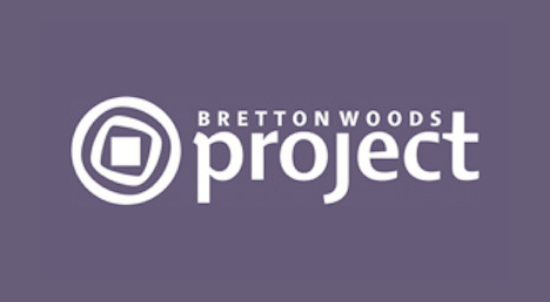 13 December 2023
13 December 2023A proposal for Ajay: No evolution without remedy
We can accept that the Bank must evolve and that “ending poverty on a livable planet” requires bold actions. In return, we ask that the Bank accept and bear the risks of those actions. -
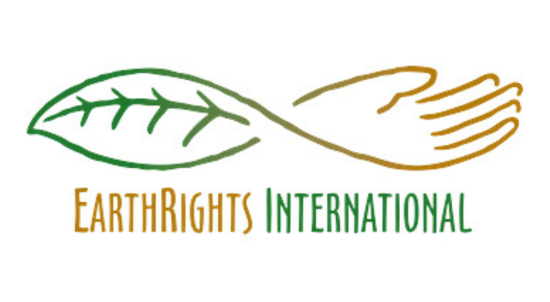 6 December 2023
6 December 2023World Bank Group Institution Agrees to Settle Case Alleging It Abetted Murder
The International Finance Corporation’s settlement agreement is the first time any international financial institution has agreed to pay to end a lawsuit brought by an injured community. -
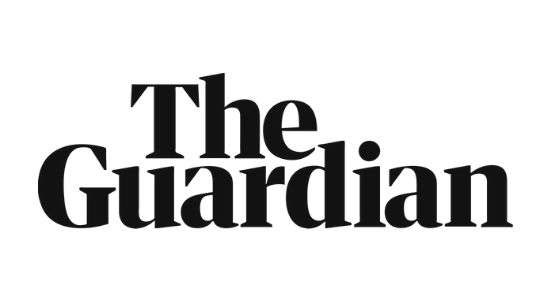 4 December 2023
4 December 2023World Bank accused of ‘turning blind eye’ to sexual abuse in Kenyan schools it funded
Calls grow for independent inquiry after the bank’s internal watchdog found 21 cases of child sexual abuse by teaching staff. -
 21 November 2023
21 November 2023Civil society groups lambaste IFC over response to sex abuse allegations
International Finance Corporation, the World Bank’s private sector arm, comes under fire over its handling of allegations that teachers abused children at schools in Kenya. -
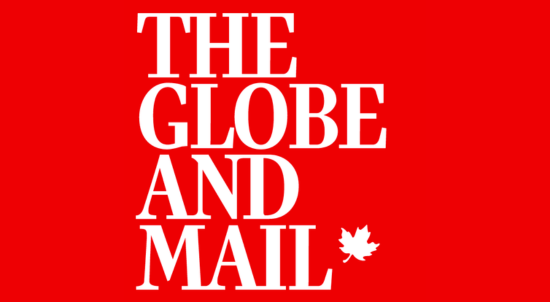 29 October 2023
29 October 2023To the Editor: Development concerns
Asian Development Bank president Masatsugu Asakawa makes the case for the bank to “do more and act faster.” We note that he doesn’t make the case for doing better. -
 26 October 2023
26 October 2023IFC slammed by its own watchdog for ignoring child sex abuse allegations
“IFC thinks of the borrowers as its client, and not the communities affected by its investments. They think their job is to protect the client at all costs but they are a development bank, not CitiBank,” says David Hunter, Accountability Counsel board member. -
 17 October 2023
17 October 2023World Bank-IMF meetings: A start, but still a long way to go
Some progress but a very long way to go — that seemed to be the broad consensus after last week’s World Bank and International Monetary Fund annual meetings held in Africa for the first time in 50 years. -
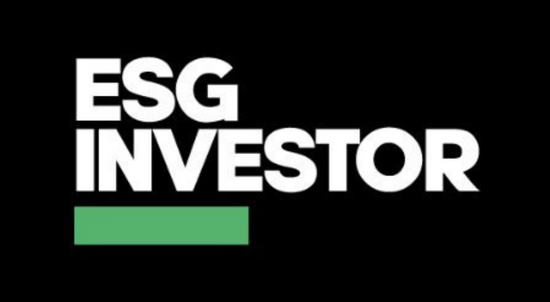 13 October 2023
13 October 2023Accountability for a Just Transition
Gregory Berry, Policy Associate at Accountability Counsel, highlights the importance of local community input into climate and biodiversity projects. -
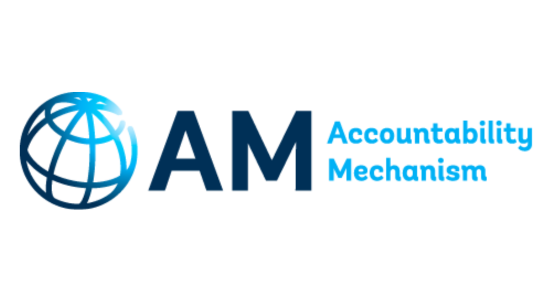 29 September 2023
29 September 2023IAMnet 2023: Centering communities in accountability
Accountability Matters spoke to the AM Secretary and civil society participants about some of the challenges they face and their expectations of the Annual Meetings. -
 27 September 2023
27 September 2023Solomon Islands joins China-backed AIIB days after PM snubs Biden invite for Pacific summit at White House
A report released by civil society groups on Tuesday said that in seven years the AIIB was yet to accept a single complaint from people adversely affected by its investments. -
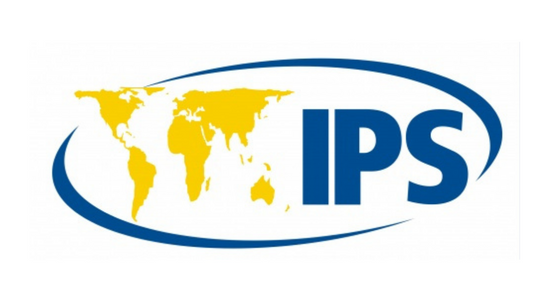 4 September 2023
4 September 2023Civil Society Organizations Unite to Urge Public Development Banks to Change the Way Development Is Done
In the midst of a complex web of crises, spanning climate change, biodiversity depletion, constraints on civic space and mounting debt burdens, civil society organizations and human rights defenders from over 50 countries have united their voices to call for immediate and impactful action from public development banks. -
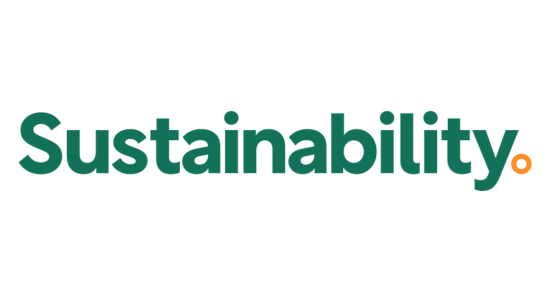 15 August 2023
15 August 2023Responses to the European Sustainability Reporting Standards
Accountability Counsel’s Gregory Berry outlines the responses, concerns, and flaws of the newly announced European Sustainability Reporting Standards. -
 31 July 2023
31 July 2023To the Editor: Development bank reform must improve accountability
Yes, the World Bank should lead a transformation in development finance, but only if that transformation includes increased accountability to the communities it impacts. -
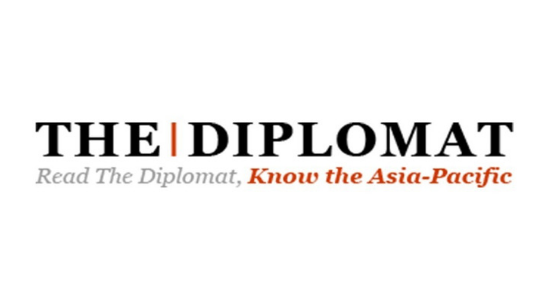 25 July 2023
25 July 2023Will the World Bank’s IFC Uphold or Destroy Its Internal Watchdog’s Independence?
An investigation into the IFC’s funding of Cambodia’s troubled microfinance sector has implications far beyond the country’s borders.

